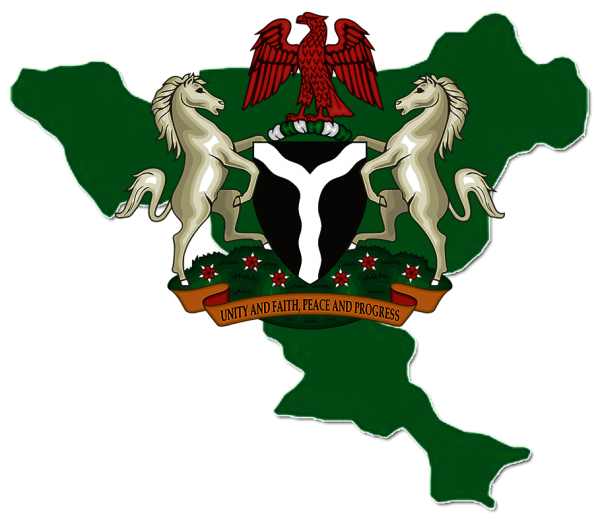Let’s champion postgraduate scholarship in Jigawa
Jigawa State’s population, predominantly rural, is being faced with numerous challenges. With a literacy rate of 41.7 per cent, Jigawa remains one of the lowest in the country. An estimated 800,000 children are out of school, contributing to the state’s below-average Human Development Index (HDI) of 0.371 ranking it 36th out of Nigeria’s 37 states. […]

Jigawa State Government
Jigawa State’s population, predominantly rural, is being faced with numerous challenges. With a literacy rate of 41.7 per cent, Jigawa remains one of the lowest in the country. An estimated 800,000 children are out of school, contributing to the state’s below-average Human Development Index (HDI) of 0.371 ranking it 36th out of Nigeria’s 37 states.
This low educational attainment impacts the workforce, with few individuals gaining the international exposure or expertise needed to tackle the complex development issues of our dear state.
Education remains the cornerstone of societal advancement, yet Jigawa State faces significant socioeconomic challenges that hinder its progress. The state also grapples with a shortage of professionals, including doctors, engineers, scientists, and researchers, which limits its ability to compete in the rapidly evolving global economy. These stark realities highlight the urgent need for transformative policies to bridge the gaps in human capital development and socio-economic advancement.
Across Nigeria, states like Kano, Borno, Ebonyi, and Rivers have demonstrated the transformative potential of investing in postgraduate education. Kano State, for example, has just recently sponsored over 1,000 postgraduate students for foreign scholarships, fostering a new generation of professionals who are driving innovation in various fields.
Northerners have no moral right to reject Tinubu in 2027– Shehu Sani
Shehu Sani to Lamido: Look beyond politics on security issues
In Jigawa State, however, the focus by past administrations has been on undergraduate scholarships which has failed to deliver the transformative impact needed to reposition the state in the 21st century. While undergraduate scholarships provide foundational education, they do not equip individuals with the specialised skills and advanced knowledge required to address complex societal challenges.
Governor Umar Namadi’s 12-point agenda for a Greater Jigawa presents a unique opportunity to pivot towards postgraduate scholarships, particularly overseas, as a means to harness the full potential of Jigawa’s brightest minds and revolutionise the state’s developmental trajectory.
Globally, individuals who have benefited from postgraduate scholarships both in-country and overseas have emerged as leaders in their fields. They have become renowned doctors, groundbreaking scientists, tech innovators, and veteran researchers, driving progress in their home states and beyond. Unfortunately, Jigawa state has relatively few individuals in this elite category, particularly in developed countries and global networks. This gap underscores the need for targeted investments in postgraduate education to reposition the state and enable its citizens to compete on the world stage.
By fostering postgraduate opportunities, Jigawa State can cultivate professionals who will spread the fruits of the state’s intellectual potential to local, national, and international development. These scholars can become pioneers in medicine, ICT, artificial intelligence, agriculture, and renewable energy industries critical to 21st-century progress. Their expertise can also transform sectors vital to Jigawa’s development, such as education, healthcare, and agriculture, inspiring future generations to strive for excellence.
Jigawa’s tertiary institutions, such as Sule Lamido University Kafin Hausa, and the newly acquired private Khadija State University Majia, and the Colleges of Education, face significant manpower gaps that can be addressed by returning postgraduate scholars. These individuals will not only strengthen the capacity of these institutions but also ensure that graduates are globally competitive.
Governor Namadi’s vision for a Greater Jigawa aligns seamlessly with the transformative potential of postgraduate scholarships. By promoting advanced education, Jigawa can inspire its youth, foster innovation, and ensure the state competes effectively in the knowledge-driven global economy. This bold step will not only align with the governor’s vision but also position Jigawa as a hub of excellence and innovation, leveraging the talents of its people to achieve remarkable progress. The time to act is now.
Dr Shamsu Gujungu wrote from Gujungu, Jigawa State [email protected]
